I desire to be small. Described with adjectives like “tiny.” Complimented with words like, “Oh! You’re so little!”
That’s what makes me feel big.
Ironic, right?
This summer God stirred my heart as I pondered one question: Why is that I desire to be small in order to feel big?
Why do I stress, fret and worry over my size some days–longing to be waif-like or petite? How is it that my mind is so twisted that I somehow feel “bigger” (read: more valuable and lovable) when I am physically smaller?
Do you ever feel this way?
Last Spring I counseled a friend struggling with an anorexia relapse. Wanting to make sure I was on the right track with my counsel, I downloaded a book from Amazon called Hope for the Hollow and read through it before our meeting.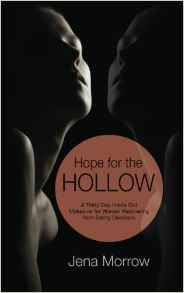
The book proved amazingly helpful. I appreciated the author’s approach and decided to social media stalk her. (Okay, not exactly, but I did friend her and she accepted!) Since then, author Jena Morrow and I have virtually connected. It’s a pleasure to now call her a friend.
This summer I read Jena’s other book–her memoir called: Hollow: An Unpolished Tale. I read it cover to cover in three hours. I didn’t put it down. Although my eating disorder story is different than Jena’s–the thinking, the enemy’s lies, and the “trap” that is set are all the same. The writing, the story, the heart behind this book — all of it is amazing.
As I pondered writing about my “being small makes me feel big” question, I decided to reach out to Jena to get her perspective on this paradox.
Here’s our interview with Jena Morrowon the topic of eating disorders, her book, and the thinking that causes women to spiral into a realm of unhealthy behaviors and thinking.
CTW: Can you tell us a little bit about the work you do now and have done to help those with eating disorders?
JM: Besides the two books and the public speaking opportunities that have come along with them, I have the honor of working with women and girls in residential treatment at Timberline Knolls, where I am Alumnae Coordinator and work in Program Development. At TK, we work with women who are struggling with eating disorders, self injury, and substance use disorders, as well as those dealing with PTSD and complex trauma. My favorite things I get to do at TK are lead groups and meet one on one with women struggling with eating and body image issues. I also lead an ongoing phone-in group for pregnant women and moms dealing with disordered eating & body image issues. The group was founded by a therapist on the West Coast named Maggie Baumann, who passed the baton to me in May of 2015, and it is called Lift the Shame.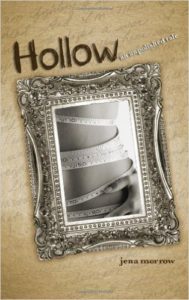
CTW: I was deeply moved by your story, Hollow: An Unpolished Tale The level of detail and authenticity with which you share your struggle captivated me. I could relate to so much of your “twisted” thinking. Was it hard to relive that time in your life with that much detail?
JM: It was certainly surreal. Because I had been so sick when much of the story took place, I was emotionally detached from the memories; they felt as if they had happened to someone else, like it was all just a strange dream or a movie I had once seen. The challenge was to replay the memories in my mind — and somehow interject the emotional component into the writing in retrospect. And writing the book was not a quick process; it took me from 2005 until 2008 to finish the manuscript (granted, I was the single mother of a toddler at the time, and also had a full time job — so that slowed down things down a bit!). But yes, it was hard, and I had to pace myself so that I could safely relive it a little at a time while still managing to stay in the present as a mother. I also did not write the story in chronological order, but in disjointed snippets and vignettes as the memories returned to me — and then I later had the task of trying to piece them all together like a patchwork quilt until they flowed into a coherent story.
CTW: On Page 46 of your book, Hollow, you say:
It didn’t take long for my jeans to grow loose on me. And that, of course, is when things got particularly twisted. Once the anorexic begins to see the results of her little disappearing act, the trap snaps. Euphoria sets in. Chemical changes occur in the brain and she begins to experience a high, much like the buzzing hum of mania.
Let’s talk about why being “small” makes so many women “feel” big–(as if they have greater value). I love the way you put it –there’s a “buzzing high” that comes from –because it’s true. I think many women who struggle with body image and maybe haven’t progressed to a full-blown eating disorder, still understand this “high” you speak of. You look at the scale and the number goes down and you feel a charge. It’s a charge that often motivates the dieter to keep going…or the disordered eater to keep starving or purging.
How do you think women can free themselves from searching for or relying on this type of unhealthy “buzz?”
JM: I think many of us, broken and misguided as we often are, tend to search for things that give us that “charge,” as you say, or that make us feel alive or in control or exhilarated. Some people find it in drugs, some find it in casual sex or other risky behavior, some find it gambling or in “stuff” — and they rack up thousands of dollars in credit card debt, buying more and more “stuff” but always finding the satisfaction to be fleeting until they go out and get the next new thing. My point is, we do these things — overspend, get high, go after one-night stands, insatiably eat too much or obsessively eat too little — because we are trying to satisfy a LONGING for something that we have not yet identified. And longings are powerful motivators, because they feel so DESPERATE — but they are always “about” something else, some deeper need on a whole other level than where we tend to operate.
My longing to be small was about a lot of things… I wanted to be seen as tiny and fragile so that I would be able to receive care without having to ask for it (which I did not know how to do), and so that people would stop assuming I had everything together or that I was invincible or made of steel — because that’s how I had always felt others had seen me, and i knew it wasn’t true but I didn’t know how to make my fragility known. I didn’t know how to make my NEEDS known, period.
I had also somehow assimilated a lot of false beliefs over the years, some of which I still don’t know where I’d learned them. I believed women were “supposed to be delicate and dainty” and I (having a pretty sturdy build) felt like a Clydesdale! As a kid, because I was muscular and never scrawny, I was always described as “solid” — and I HATED that word. From an early age, I felt like I was overgrown and just “too much” — and I feared I would never be “handled with care” unless I appeared to be fragile. Or at least, less “solid” than I evidently appeared to be. And unfortunately those false beliefs and those unmet needs took on a life of their own after many years of rehearsing them over and over in my mind. So when I learned how to shrink my body and I started to feel “dainty” for the first time in my life, i thought I had found whatever state of grace I had been searching for. It was exhilarating. I felt lighter than air, and that lightness felt like freedom — and THAT was the lie that snapped the trap for me. Because in truth, it was — and became –utter slavery.
CTW: You still work with women who think the same way you thought/struggle not to think – what does it often take for a woman to give up the thought patterns that intertwine her size with her value? How do you help a woman reject the notion that being small is what makes her big? You talk in your book about not really wanting recovery – struggling to want a way out. I think that’s common. What do you think ultimately drives a woman to want freedom in this area?
JM: Retraining our brains is HARD WORK. Not gonna lie. And that’s why, with eating disorders, early intervention is SO important. unfortunately, I had built my life and my self image around distorted eating disorder thoughts for many years by the time I got help — because eating disorders were not part of the public consciousness or vernacular back when I was a kid. They just weren’t on our radar like they are now.
Thankfully, with the awareness that has been built since the 1980’s, we now have a language for these things and we can start the necessary conversations much sooner — and get people the help they need. And that help involves many different interventions. At TK, we use the twelve steps of AA to address the ED behaviors (which are known as a “process addiction”), we use Dialectical Behavior Therapy to teach mindfulness as a distress tolerance practice and to help women learn to tolerate unpleasant emotions without making matters worse by acting out on their urges, we use expressive therapies like art and dance movement therapy and yoga to help women learn to inhabit their bodies again and to find value in what they can do, and to express their feelings in dynamic ways rather than turning to the self-destructive methods they’ve used to anesthetize their emotions or “numb out.”
As far as what drives a woman to WANT freedom from the tyranny of an eating disorder… I would have to say that is ultimately God. Even if she does not have an active faith in God, “something” deep down eventually rises up and says “there HAS to be more to life — and more to me — than this.” Because we all have that longing inside that I was talking about earlier — that deep void that cries out to be satisfied. And after we’ve tried to satisfy it with all the wrong things (or with the same wrong thing, year after year after year) to no avail, and we admit that our frantic pursuits have failed us and left us empty and unfulfilled — I believe that’s called coming to the end of ourselves. And usually by the time we get there, we’re exhausted. The good news is, that’s the God spot. That’s where He waits to meet us. And that’s where we learn the redemptive purpose of all those misdirected longings. They reveal our truest and deepest hunger… Which only God Himself was ever meant to satisfy.
CTW: Amen and amen. Thanks, so much, Jena for taking the time to talk to us today!
More information on Jena Morrow:
 Jena is the author of Hollow: An Unpolished Tale (Moody Publishers, 2010) and Hope for the Hollow (Lighthouse Publishing, 2013). Jena travels and shares the story of her descent into anorexia and how she as encountered God through her progressive triumph over it. In addition to writing and speaking, Jena works at Timberline Knolls Residential Treatment Center in Lemont, IL, where she serves as Alumnae Coordinator. Jena lives with her son Jaden in suburban Chicago, where she reads constantly, Googles obsessively, and can usually be found surrounded by cats and coffee.
Jena is the author of Hollow: An Unpolished Tale (Moody Publishers, 2010) and Hope for the Hollow (Lighthouse Publishing, 2013). Jena travels and shares the story of her descent into anorexia and how she as encountered God through her progressive triumph over it. In addition to writing and speaking, Jena works at Timberline Knolls Residential Treatment Center in Lemont, IL, where she serves as Alumnae Coordinator. Jena lives with her son Jaden in suburban Chicago, where she reads constantly, Googles obsessively, and can usually be found surrounded by cats and coffee.
To register for Lift the Shame, email Jena at jmorrow@timberlineknolls.com
**This post contains affiliate links**
[mc4wp_form id=”4141″]
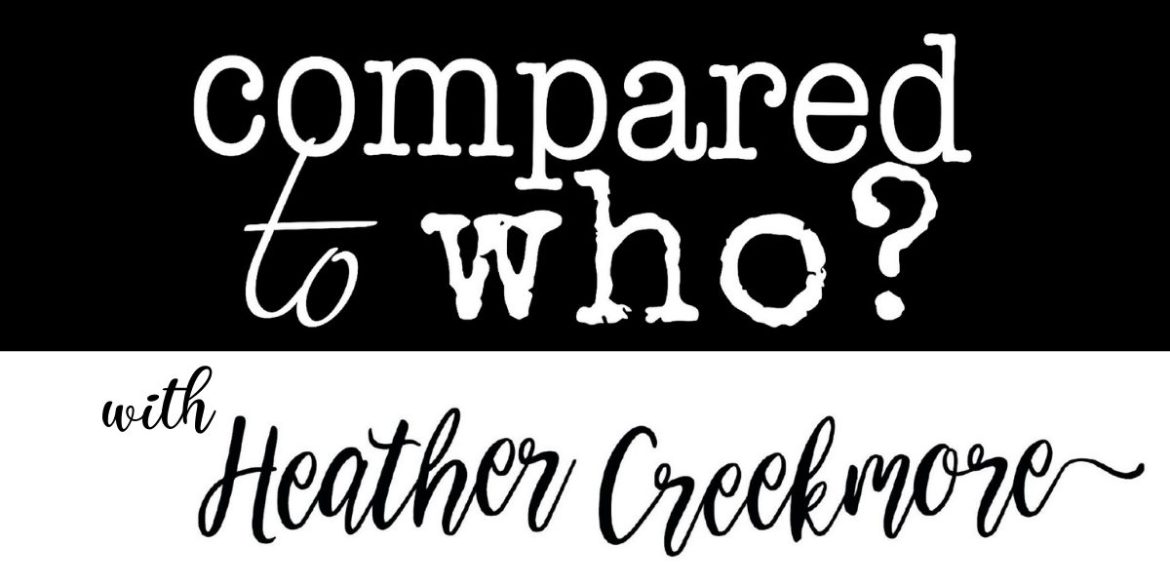
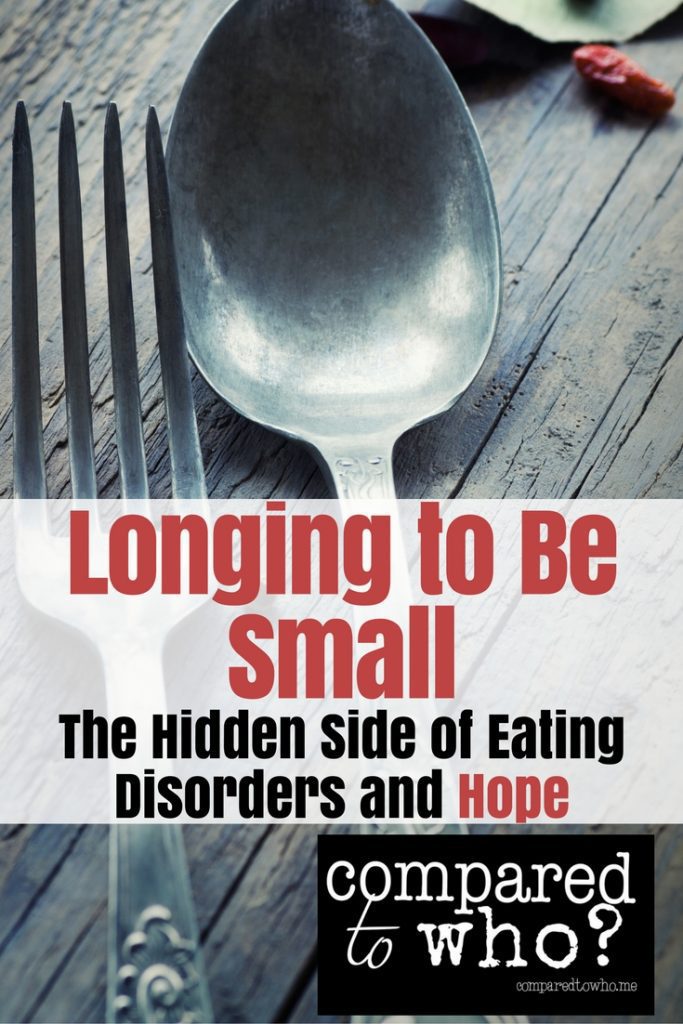

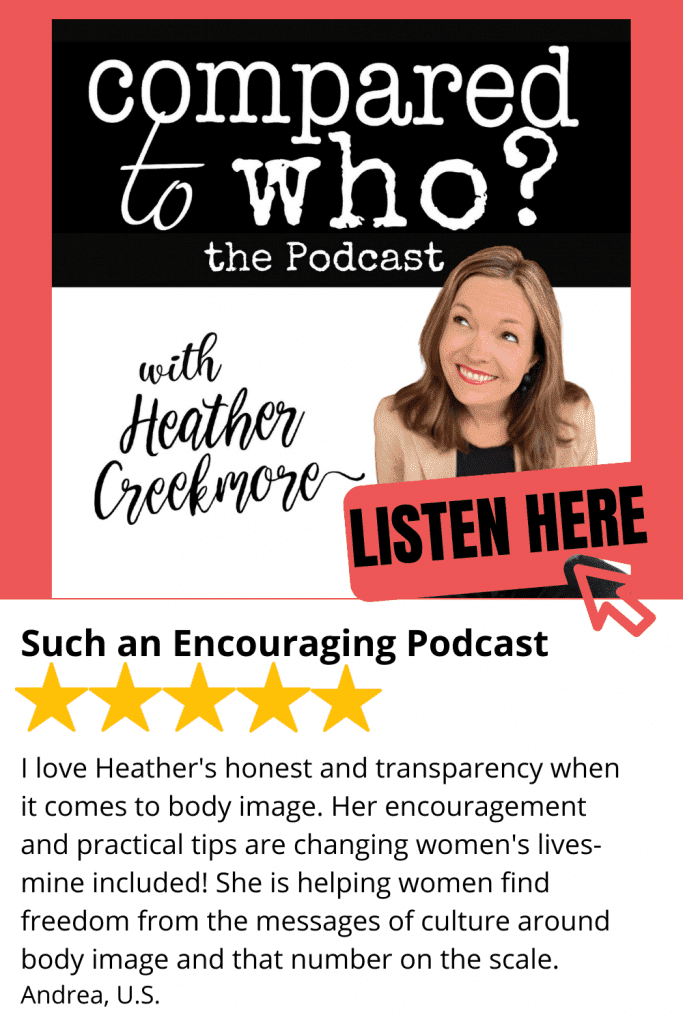

0 Comments
Trackbacks/Pingbacks